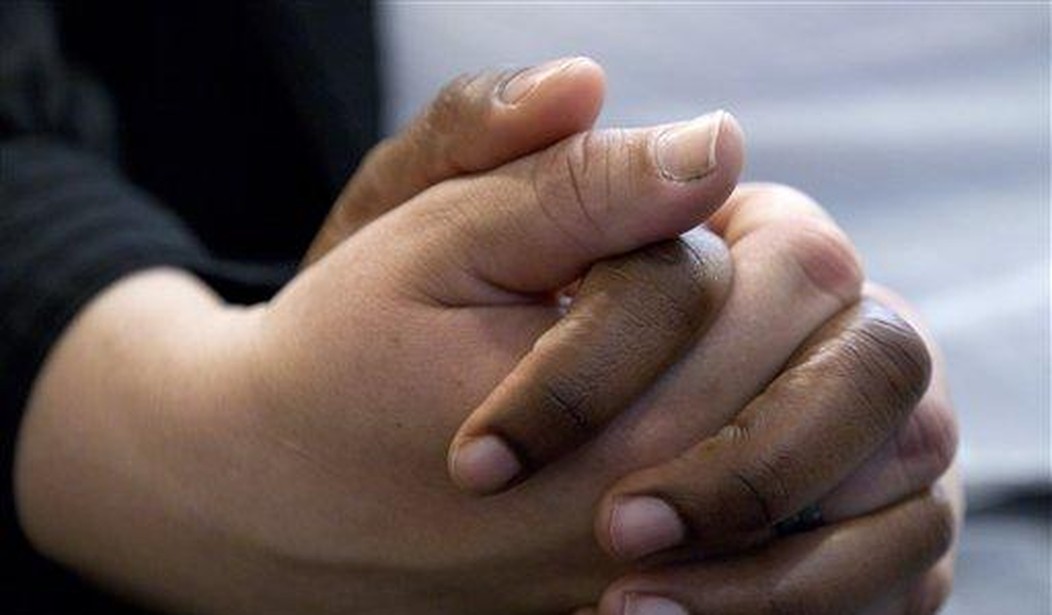As the Stanford community, the women’s soccer world, and friends and family of Stanford soccer star Katie Meyer grapple with the inexplicable news of her self-inflicted death, the incident has coincidentally dragged into the light America’s next urgent public health crisis. Suicide — especially among young people — is poised to approach epidemic levels in post-pandemic America.
Regardless of which data set is used, suicide rates are high on the list of causes of death in America. According to the National Institute of Mental Health (NIMH), in 2019, suicide was the tenth leading cause of death overall in the United States, claiming over 47,500 lives. It was also the second leading cause of death of individuals between the ages of 10 and 34, and the fourth leading cause of death of Americans between the ages of 35 and 44.
According to the Centers for Disease Control and Prevention (CDC), “factors such as social isolation, economic decline, family stressors, new or worsening mental health symptoms, and disruptions to work and school associated with the COVID-19 pandemic have raised concerns about suicide risk in the United States.” From 1999 to 2020, nearly 840,000 lives were lost to suicide in the United States. In 2020, a total of 45,979 deaths in the United States were officially attributed to suicide, making it the twelfth cause of death in the country.
Related: Parents of Stanford Soccer Player Katie Meyer Speak Out
The number of suicides in the U.S. may actually be much higher because of the higher burden of proof needed in many states to classify a death as a suicide on an official death certificate. Social stigma, misclassification, underreporting as accidental death, and a lack of autopsies or thorough investigations also play a role in lowering the number of suicide reports. Suicide, therefore, is not always listed as a primary cause of death, concealing the fact that the actual suicide rate is much higher. Add in the delayed effects of the pandemic and we have a national disaster just waiting to happen among our young people.
Since the 1980s, the suicide rate among young Americans has risen substantially. In fact, the suicide rate of young men has tripled, while the rate for young women like Katie Meyer has doubled. Today, according to the American Foundation for Suicide Prevention (AFSP), suicide is the third leading cause of death among Americans aged 15 to 24, with the highest overall rate of suicide being in adults aged 40 to 59.
Despite a reported slight decline in the suicide rate over the two-year COVID-19 pandemic, authorities expect that, as the nation continues to cope with the pandemic’s long-term effects such as isolation, stress, economic insecurity, and worsening substance abuse, mental health, and well-being, America’s suicide rates may climb once again. CDC data suggest that even though suicide rates might be stable or even decline during a natural or global disaster, they also inevitably rise afterward as, for example, happened two years after Hurricane Katrina hit New Orleans.
This means that as American society, families, and communities return to life after lockdowns and other pandemic mitigation restrictions, suicide prevention is crucial. As Meyer’s father Steve pointed out, life can get hard for everyone — even the toughest among us. “For some people, it may not be easy to speak up,” he said in a recent interview with NBC about those struggling with their mental health. “They have a reputation of being strong and people look at them to be strong, so reach out to them.”
He’s right. We must be vigilant, especially over the next few years, about checking in with our friends and family members who, just like Katie Meyer, may seem okay on the outside but may actually be struggling mightily on the inside.
And to those who are struggling, please be brave and reach out for help, even if you are afraid or think you can’t. Let Katie Meyer’s death enable you to, as Katie would say, “be the mentality,” even if that means asking for help. As the old maxim goes, suicide is a permanent fix for a temporary problem, so please ask for help. Together, we can and will get through this.
If you or someone you know needs help, please call the National Suicide Prevention Lifeline at 800-273-8255 or text TALK to 741741 to reach a Crisis Text Line counselor.









Join the conversation as a VIP Member